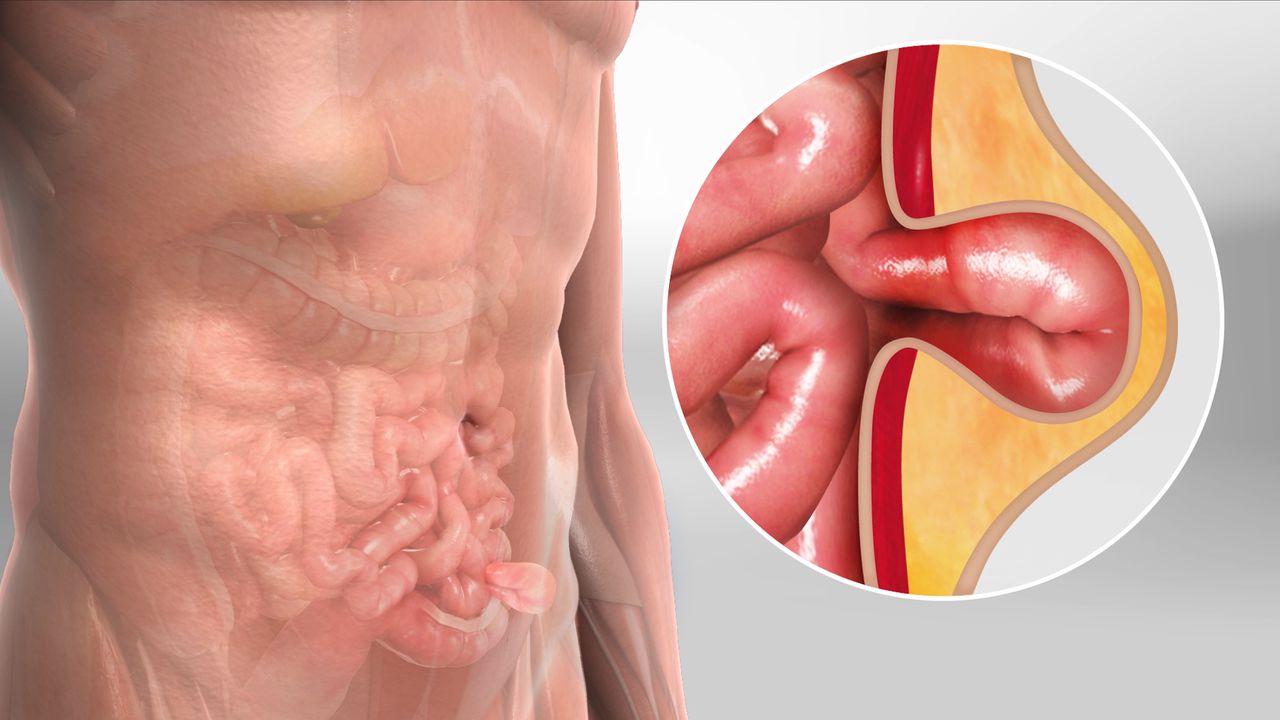
An incisional hernia occurs when tissue pushes through a weakened area in the abdominal wall at the site of a previous surgical scar. This condition is often noticeable as a visible bulge, especially when standing or engaging in physical activities like lifting heavy objects. Since incisional hernias typically appear in the front of the abdomen, they are classified as a type of ventral hernia. While they may seem less severe than some other hernias, they do not heal on their own and require surgical repair for effective treatment.
Individuals who have undergone abdominal surgery are more likely to develop an incisional hernia, particularly within three to six months after their procedure when healing is still in progress. During this recovery phase, avoiding strenuous activity, excessive weight gain, or pregnancy can help reduce stress on the healing tissue. A consultation with a Lady General Surgeon in Pune can ensure timely detection and management.
Surgical repair is the only definitive treatment for an incisional hernia. The procedure involves repositioning the protruding tissue, removing scar tissue, and reinforcing the abdominal wall with surgical mesh to prevent recurrence. Dr. Sandhya Bade provides advanced surgical solutions, offering both open and minimally invasive approaches. Patients often choose an Incisional Hernia Repair Specialist in Pune to benefit from precise techniques and reduced recovery time.
For laparoscopic repairs, general anesthesia is administered, and patients are usually awake shortly after the procedure. Depending on the hernia’s size and complexity, you may go home the same day or stay overnight in the hospital. While the risk of recurrence is relatively low, as with any surgery, potential complications include bleeding, infection, bowel injury, blood clots, or heart and lung issues. Your surgeon will recommend appropriate preoperative tests to ensure surgery is safe for you.
Normally, the abdominal wall heals firmly after surgery. However, in some cases, the incision site remains weaker than normal, making it vulnerable to abdominal pressure. When this happens, abdominal tissue, intestines, or organs may push through, creating a bulge.
By seeking timely medical care, you can prevent the hernia from worsening and improve your chances of a smooth recovery.

Copyright © 2025 Dr. Sandhya Bade | All Rights Reserved | Created & Crafted By Itorix Infotech
WhatsApp us
